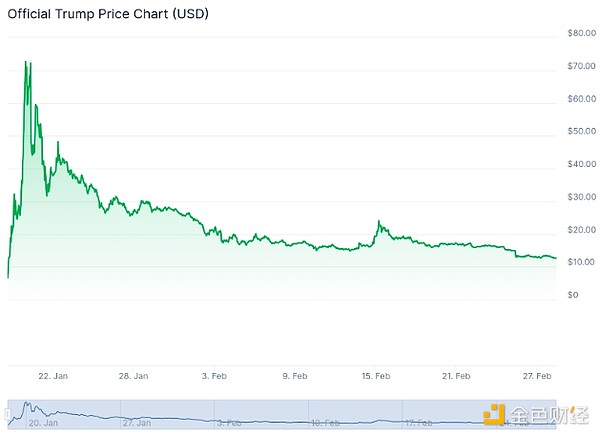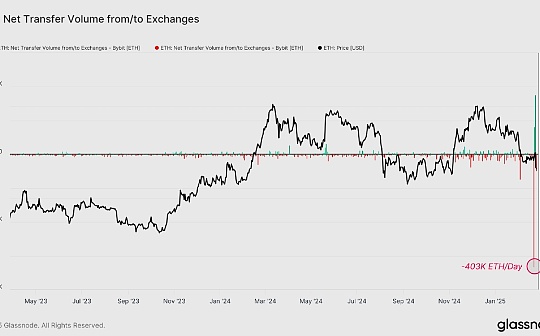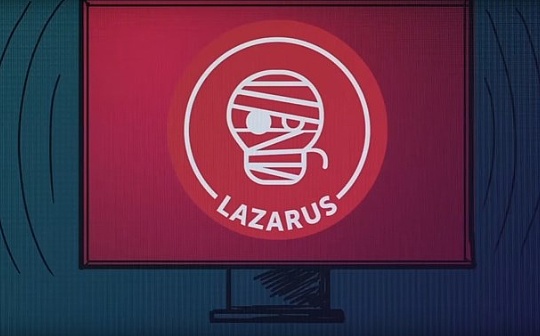SEC: Meme is not a securities but fraud will remain regulated

Reprinted from jinse
03/01/2025·2MAuthor: Jesse Coghlan, CoinTelegraph; Translated by: Deng Tong, Golden Finance
The SEC said it does not consider memecoin to be a securities, but warned that any fraudulent tokens could still be subject to enforcement actions by other regulators.
The institution's corporate finance department said in a statement on February 27 that memecoin "does not involve securities issuance and sales under the federal securities laws" and "similar to collectibles."
“So, those involved in the memecoin issuance and sale do not need to register their transactions with the committee,” the SEC said.
It added that buyers and holders of memecoin will not be protected by U.S. securities laws, but said that memecoin’s fraudulent issuance and sales “may be subject to enforcement actions or prosecutions by other federal or state agencies.”
The SEC added that it shared its views “as part of an effort to make the application of federal securities laws clearer in crypto assets.”
U.S. President Donald Trump has taken action to cut the SEC's regulation of the cryptocurrency sector in hopes of delivering one of his campaign promises. The agency formed a cryptocurrency task force last month to create a framework for digital assets.
Trump and First Lady Melania Trump himself launched memecoin a few days before entering the White House on January 20, which has sparked criticism from many cryptocurrency commentators and some Trump supporters.
According to CoinGecko, Donald Trump’s memecoin Official Trump (TRUMP) fell nearly 83% from its peak, while Melania Trump’s token, Melania Meme (MELANIA), fell 93.5% from its peak.

Before Trump took office, TRUMP memecoin's daily trading price peaked at $73.43, but now trading at about $12.66. Source: CoinGecko
The SEC's statement comes after ABC News reported that Democrats in the U.S. House of Representatives will introduce a bill that prohibits public officials, including the president, from issuing, sponsoring, or endorsing any securities, commodities or digital assets, including memecoin.
Memecoin "usually limited or has no use or functionality" and "often experience significant market price fluctuations," the SEC said in its statement.
It added that memecoin does not comply with any common financial instruments explicitly enumerated in the definition of "'securities'"—such as stocks or bonds—because they do not generate income or rights to "future income, profits or corporate assets."
The SEC said memecoin does not meet the definition of “investment contract” in the securities definition in the Ouvian test — investing in funds from a common enterprise (such as a business) where investors expect to profit from the efforts of others.
“The issuance and sale of memecoin does not involve investment in the business nor is it for the purpose of reasonably expecting to make profits from the entrepreneurial or management efforts of others,” the agency said.
“In other words, memecoin itself is not a securities.”
The SEC added that its statement does not apply to memecoin that is inconsistent with its description, nor does it apply to any product labeled with memecoin that attempts to evade securities laws “by disguising the product that originally constitutes securities.”
“The department will evaluate the economic reality of a particular transaction,” it said.
SEC specialist and head of the agency’s crypto task force, Hester Peirce, said earlier this month that many memecoin “may not find a foothold in the SEC under our current regulations.”




